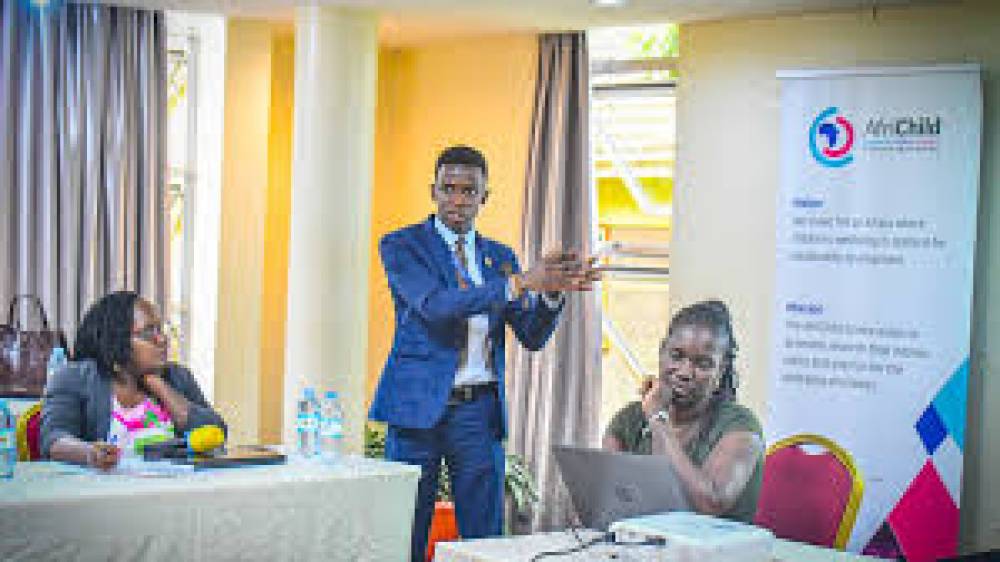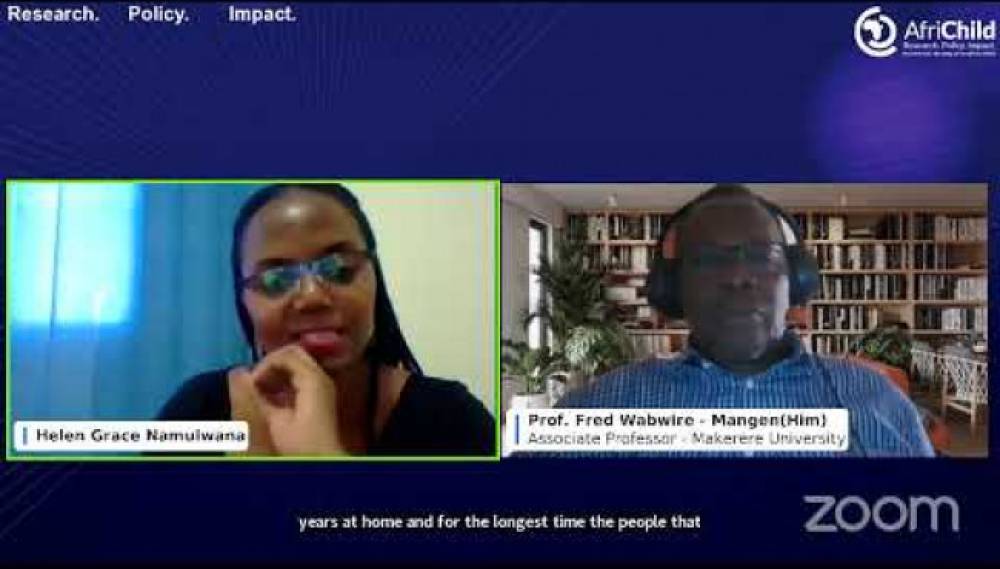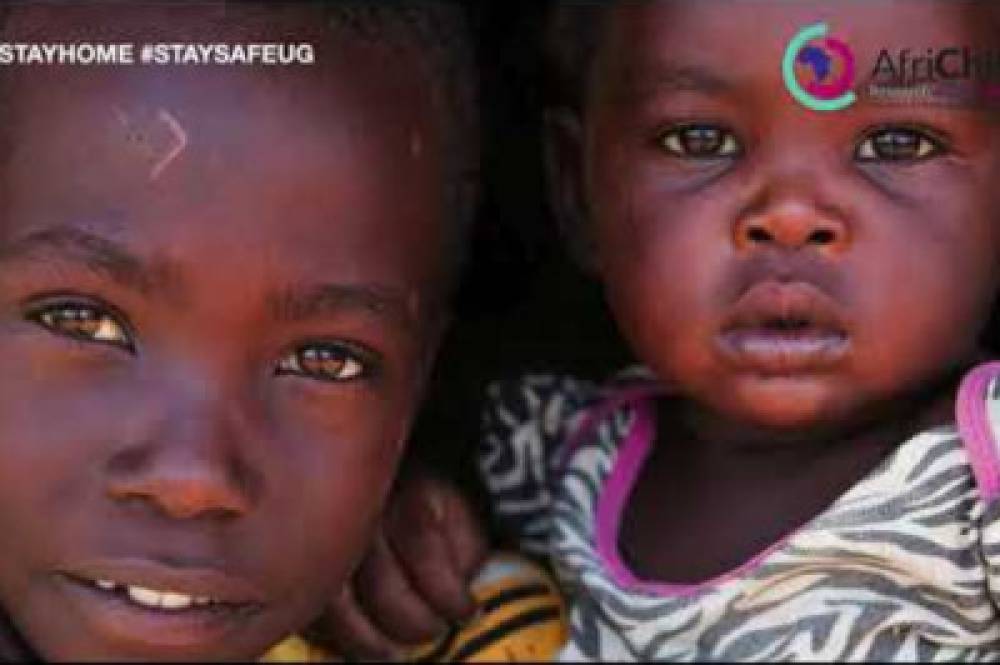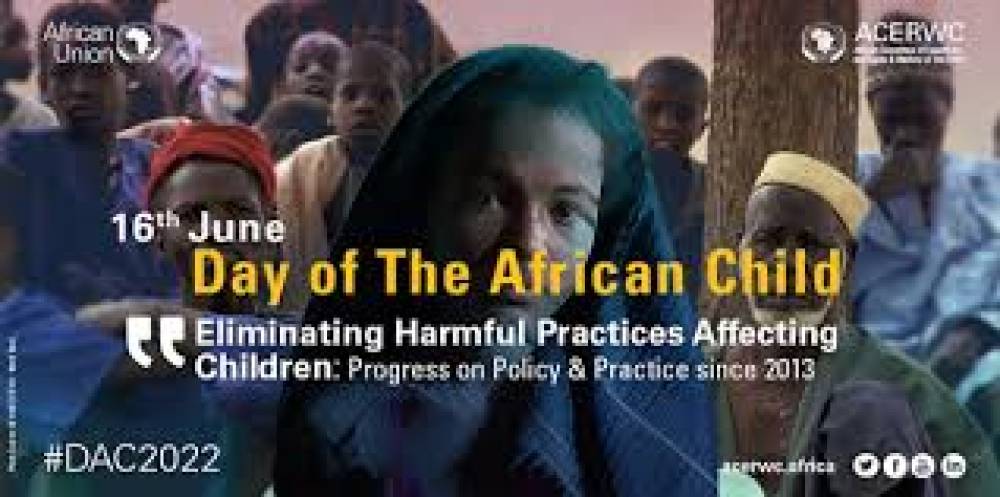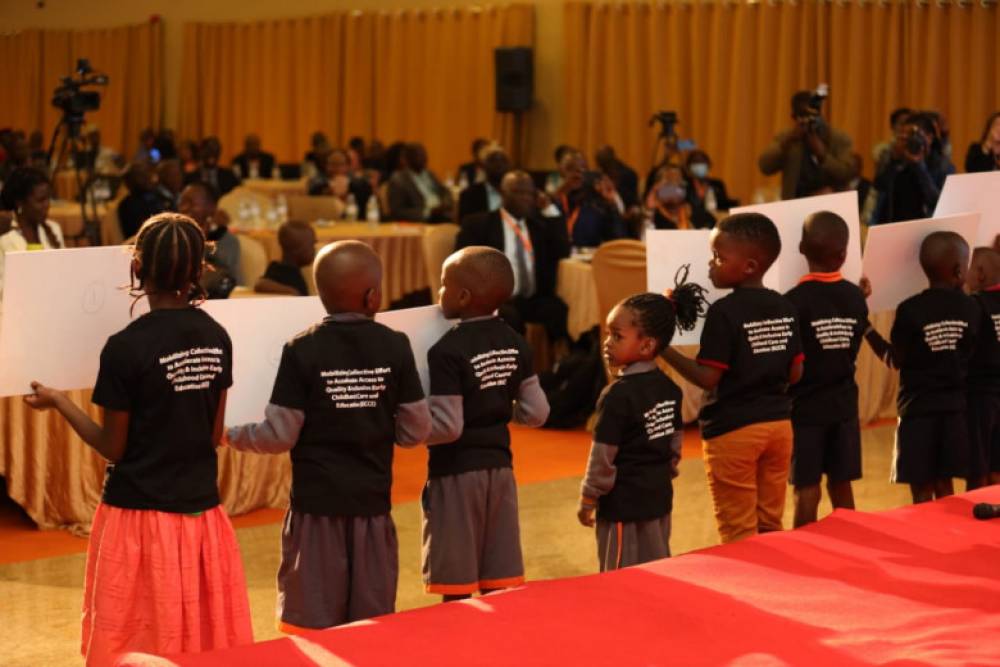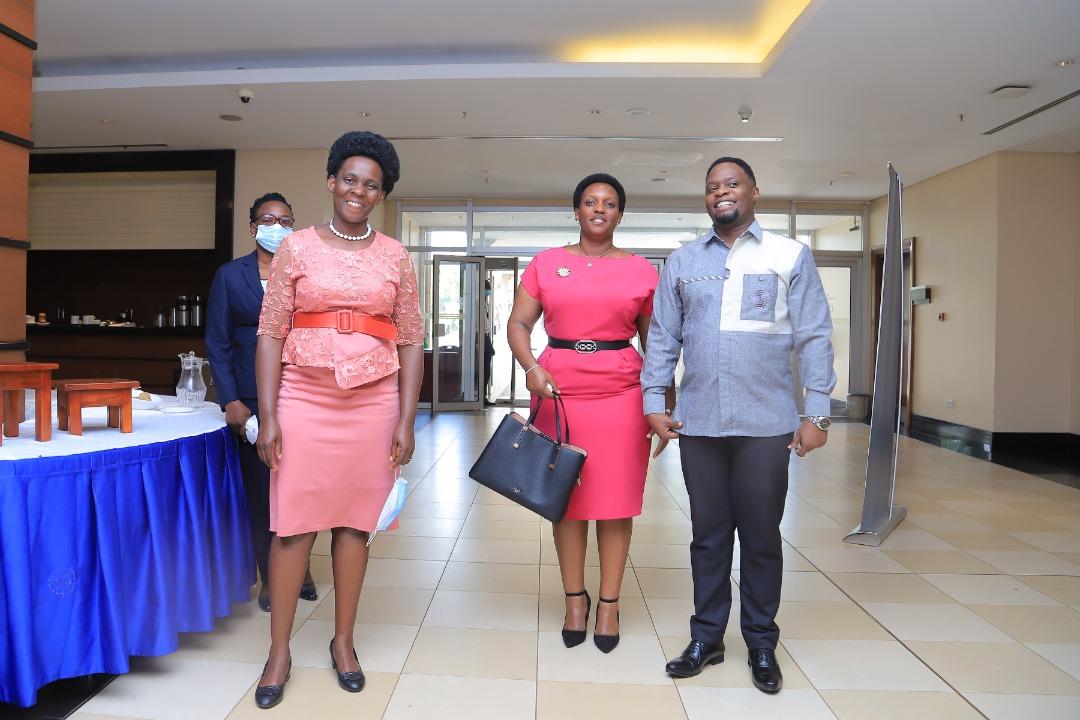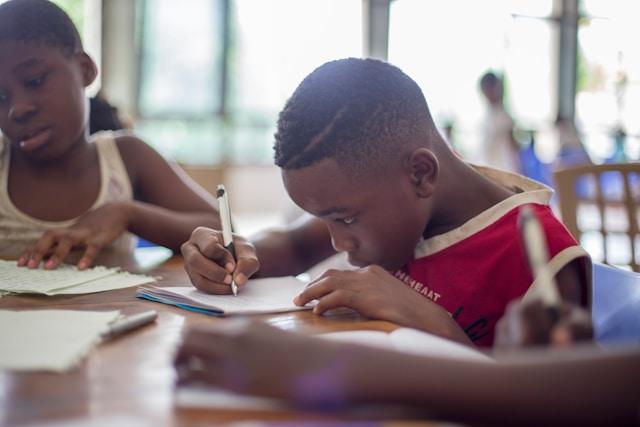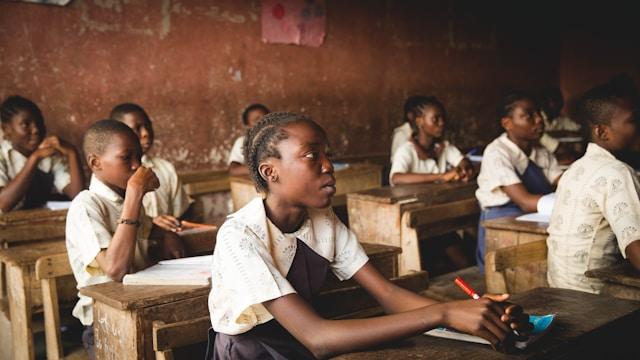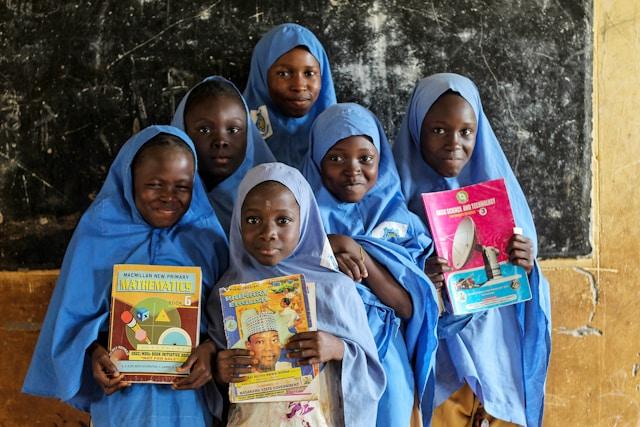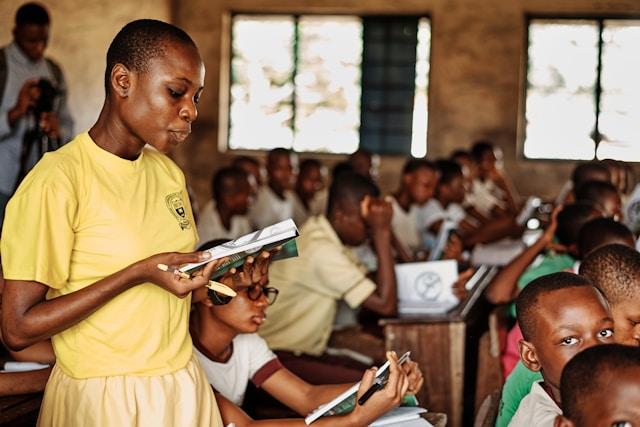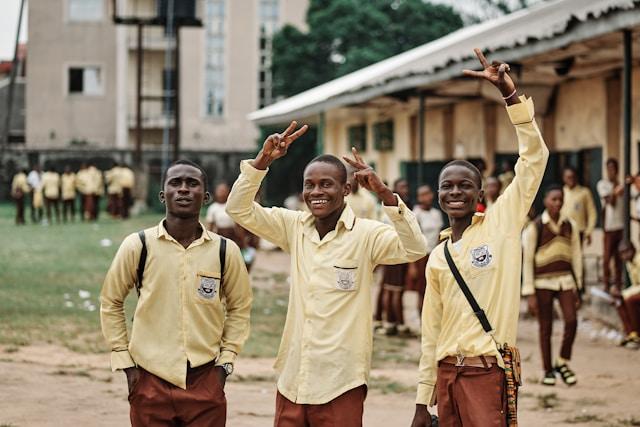Assessment of ECCE Services under STRYIDE
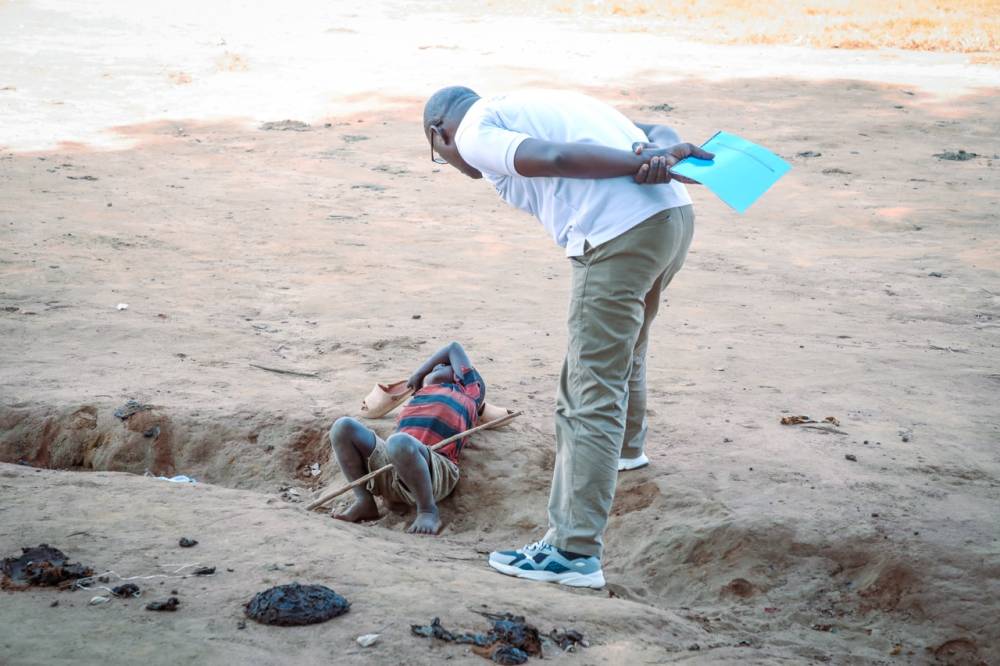
Assessment of ECCE Services under STRYIDE
In Uganda, children and young people face significant barriers to growing up in safe, nurturing environments, impacting their ability to contribute effectively to the country's development. Early Childhood Education and Development (ECD) is a highly cost-effective investment, yielding up to a 13% return on investment by improving learning outcomes, reducing dropout rates, and fostering better health and economic prospects.
However, the Uganda National Labour Force Survey (NLFS) reveals critical issues: 41% of youth aged 18-30 are not engaged in education, employment, or training, while 40% of children aged 5-17 are involved in child labour. Educational attainment is low, with only 35% achieving some primary education and 23% some secondary education. Gender and rural-urban disparities further exacerbate the problem.
Currently, ECD services in Uganda are primarily funded by the private sector and civil society, with no public investment. Of the 4.6 million children aged 3-5, about 3.86 million lack access to quality ECD services, with a gross enrolment rate of just 16% in licensed centres. The AfriChild Centre is undertaking a needs assessment related to the availability and gaps of the ECCE services in the four target districts of Madi Okollo, Terego, Kampala and Isingiro, including identification of the demand and appetite of parents and communities for parent-supported ECCE services and the interest of youth in working in both the ECCE sector and the ecosystem around the ECCE as a result of skills.
To tackle these challenges, UNICEF and the United Nations Capital Development Fund (UNCDF) have launched the STRYIDE initiative. The Skill and Transform Resilient Youth to Invest in the Development of Early Childhood (STRYIDE) innovative project aims to address youth unemployment and ECD service gaps through a dual approach: providing technical and entrepreneurial training to youth, especially women, who will then establish and support ECD centres. These centres will offer integrated early childhood services to improve access and quality. STRYIDE serves as a model for scaling up nationally, with an assessment planned to identify gaps and opportunities in early childhood education.
Insights & Updates
Other related posts and resources
Training of Policymakers and P...
The PPURE training program is one of the Centre’s flagship programs. PPURE was initiated in 2018 to...
Read MoreChild-based Strategies in Addr...
Child-based Strategies in Addressing Child-to-Child Violence in Primary Schools Part of the AfriChi...
Read MoreChild Labour: An Obstacle to E...
Child Labour: An Obstacle to Early Childhood Development Children constitute 60% (25.2 million) of...
Read MoreDay of the African Child 2022
Supporting Children to Thrive Holistically - Emily Atieno (DAC2022) Explore how AfriChild Centre is...
Read MoreEarly Childhood Care and Educa...
We continue to leverage our collaboration with the government of the Republic of Uganda while making...
Read MoreInsights & Updates
Explore AfriChild's Knowledge Hub
EXPLORE OUR RESOURCES
Unlock a world of useful resources in our Knowlegde Hub
-
Call Us
-
Email
-

 #AfriChild
#AfriChild